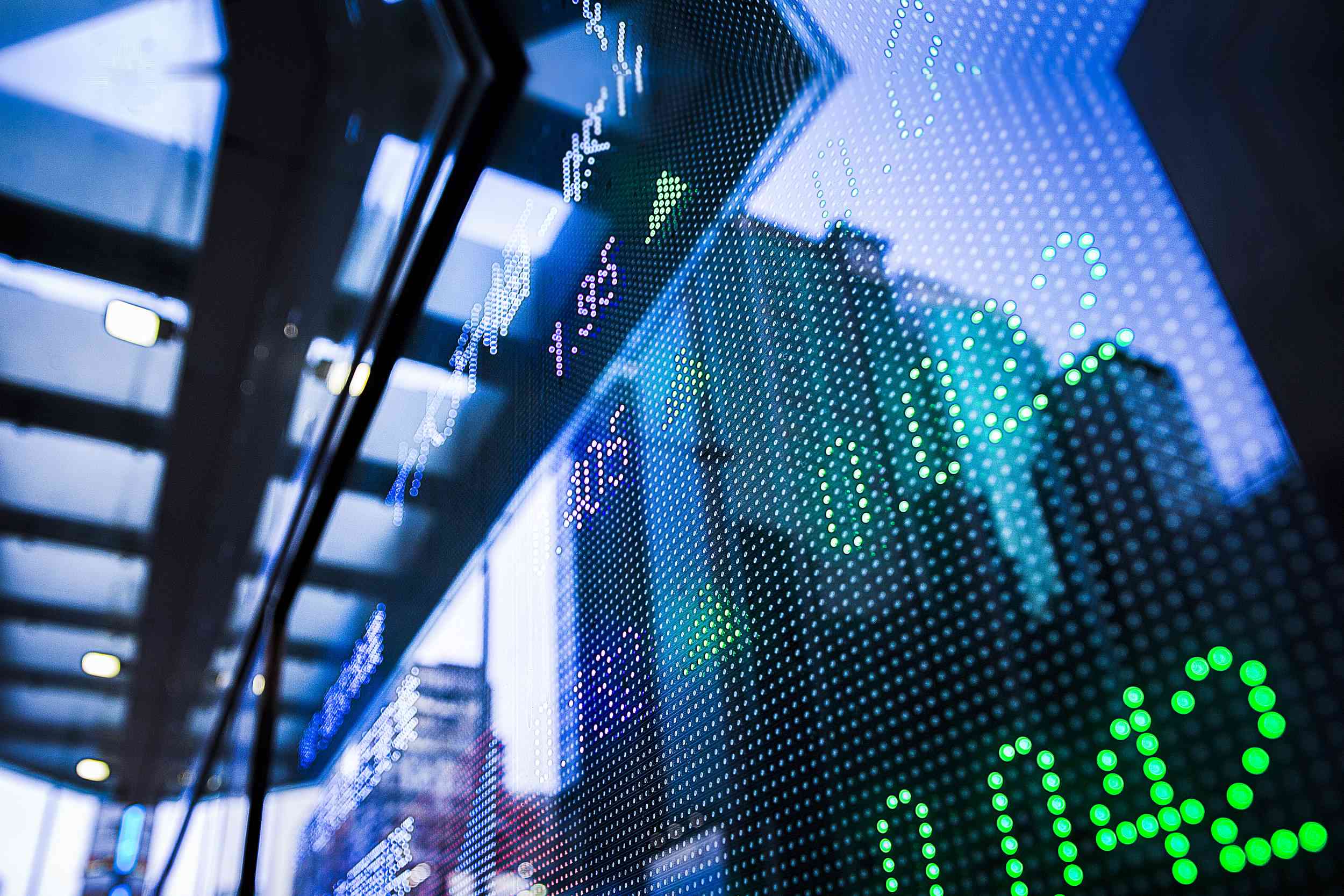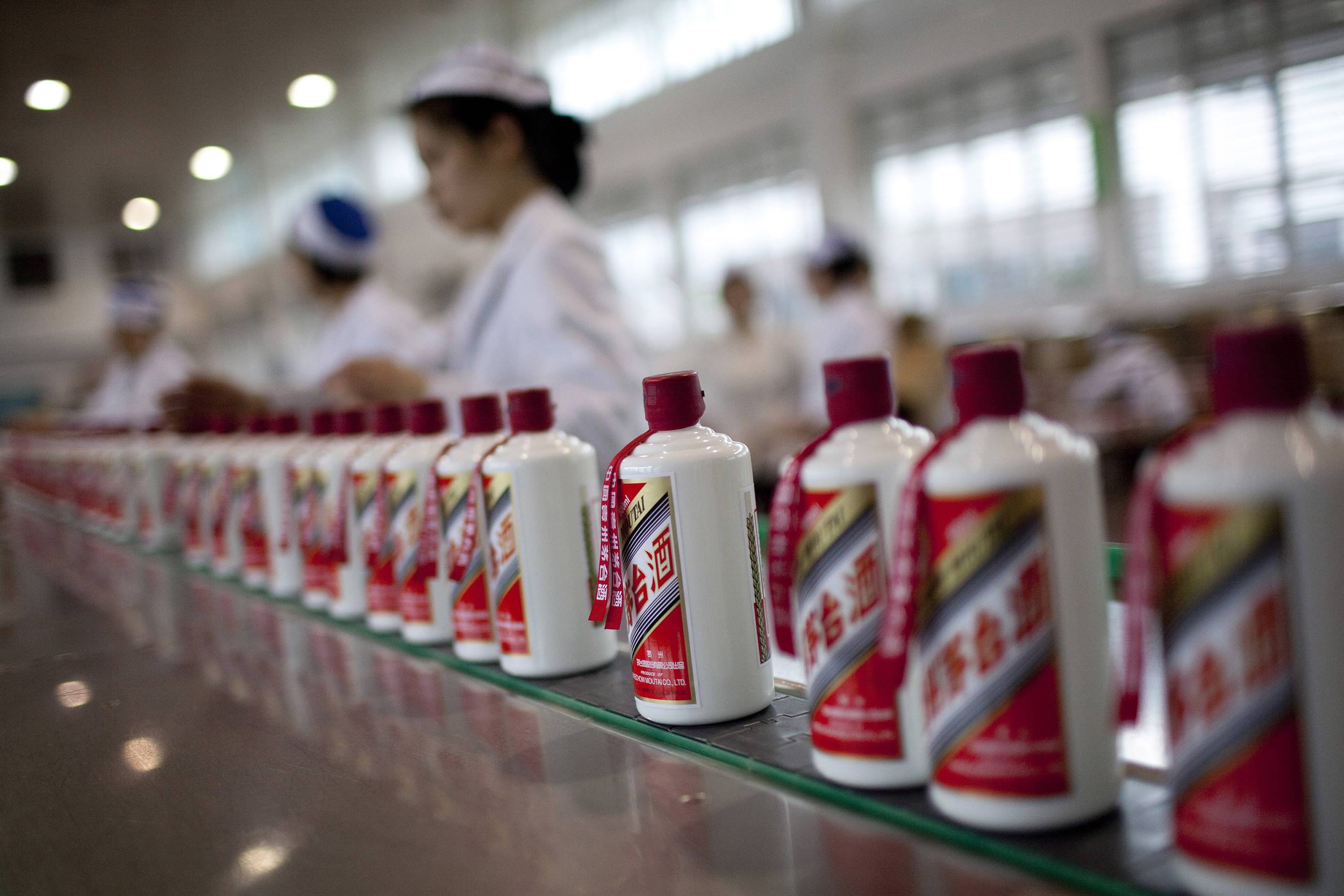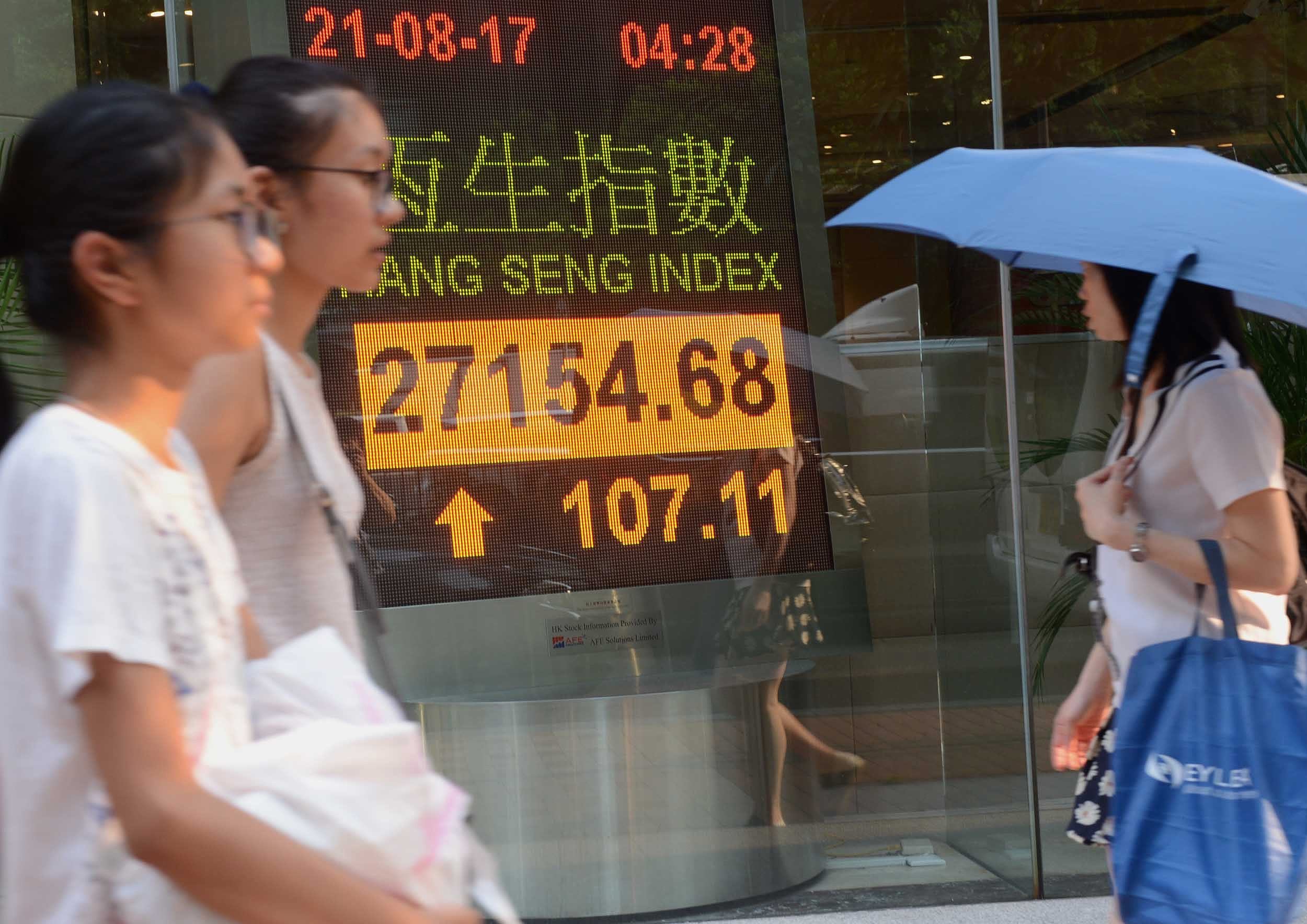
Business
15:19, 24-Nov-2017
China's stocks see 2017's biggest fall after rollercoaster week
CGTN's Nicholas Moore

Chinese stock markets took their biggest tumble of the year on Thursday, capping a tumultuous week that had seen Tencent and Hang Seng hit new highs, before coming back down to Earth on the wave of new regulations on wealth management products to tackle rising debt levels.
Thursday saw the biggest drop in the CSI 300 index for 17 months, with a 2.9 percent decrease putting a small dent into the impressive gains made throughout 2017. There were further falls across all of the major markets, including the Hang Seng, which earlier this week had broken the 30,000 benchmark for the first time in 10 years.
So what happened this week, and was the stock market rollercoaster ride a temporary blip or a sign of further turbulence to come?
CSI sees biggest drop since June 2016
China’s debt has been a growing concern in recent months, with Zhou Xiaochuan, the governor of the central bank the People’s Bank of China (PBOC), saying in October that authorities need to beware of China having a "Minsky moment," or a sudden slump in asset prices following a period of strong growth. Zhou called on authorities to do more to tackle growing debt levels.

VCG Photo
VCG Photo
A week ago on November 17, the central bank announced new measures to take on shadow banking and regulating asset and wealth management products, banning enterprises with high debt levels from investing in such products, and preventing individuals from using bank loans as investment capital.
China’s wealth management sector is worth some 15 trillion US dollars, and the PBOC’s new regulations were called a "turning point" by Zhou Hao, an economist with Commerzbank speaking to the Financial Times. Thursday’s stock drop could be seen as that turning point in action.
The clampdown on debt and push for companies to reach new deleveraging standards by the end of the year has sparked a selloff in the bond market, with yields on 10-year treasuries rising above four percent on Thursday.
After gains of 24 percent on the CSI index this year, Thursday’s fall is arguably a correction to over-inflated prices and excessively over-valued share prices – as seen with Kweichow Moutai, one of the best performing stocks this year.
On Friday, CSI stocks fell again before recovering slightly. As of 3 p.m., the CSI 300 was up 0.04 percent.
Moutai stocks take a battering after record year
Kweichow Moutai had been one of the year’s best performers after more than doubling in value since January, with the world’s largest liquor manufacturer hitting an all-time of 720 yuan on November 16. That peak coincided with a report by an investment bank that predicted it would go even higher, to 900 yuan by the year-end.

VCG Photo
VCG Photo
That report, according to the Shanghai Stock Exchange, "did not explain sources or evidence," and led to criticism that the bank was misleading investors. Xinhua and other Chinese media warned that Moutai shares were rising too fast, and eventually the company itself released a statement warning investors not to blindly follow the crowd. Moutai has been in freefall since then, dropping by 12.77 percent in the past week.
Hang Seng hits 10-year high
Wednesday saw Hong Kong’s Hang Seng index hit 30,000 for the first time in ten years, bolstered by soaring Tencent stocks and more investors making use of the Shanghai and Shenzhen Stock Connect systems.
Tencent has led almost one third of the gains made by the entire Hang Seng, with its share price increasing by more than 125 percent this year. The technology giant announced earlier this week that its market capitalization was now in excess of 500 billion US dollars, while strong revenue figures for Tencent and other Hang Seng companies have led the recent upsurge in Hong Kong.

VCG Photo
VCG Photo
The Hang Seng has jumped by 36 percent this year, putting it well ahead of Wall Street and mainland exchanges. 10 percent of daily turnover on the Hang Seng comes from mainland investors using the stock connect systems, according to Citic Securities.
While the Hang Seng also dropped on Thursday by one percent, Friday saw the Hong Kong index up 0.5 percent as of 3 p.m..

SITEMAP
Copyright © 2018 CGTN. Beijing ICP prepared NO.16065310-3
Copyright © 2018 CGTN. Beijing ICP prepared NO.16065310-3